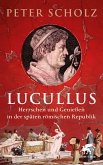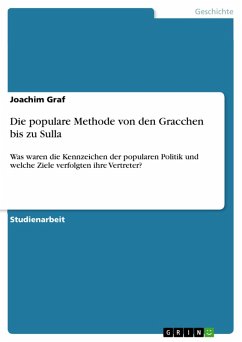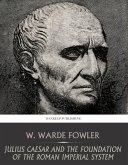A. H. Beesly's 'The Gracchi Marius and Sulla' delves into the turbulent period of Roman history characterized by political upheaval and social change. The book meticulously examines the lives and roles of key figures such as the reformers Gracchus brothers, the military commander Marius, and the dictator Sulla, providing a deep insight into their impact on the Roman Republic. Beesly's narrative is scholarly and well-researched, offering a comprehensive analysis of the political climate and power struggles of the time, making it a valuable resource for students of Roman history. The author's writing style is engaging and accessible, making the complex historical events easily understandable to readers. Overall, 'The Gracchi Marius and Sulla' is a compelling study of a critical period in ancient Rome, shedding light on the individuals who shaped the course of history.
Dieser Download kann aus rechtlichen Gründen nur mit Rechnungsadresse in A, B, BG, CY, CZ, D, DK, EW, E, FIN, F, GR, H, IRL, I, LT, L, LR, M, NL, PL, P, R, S, SLO, SK ausgeliefert werden.









